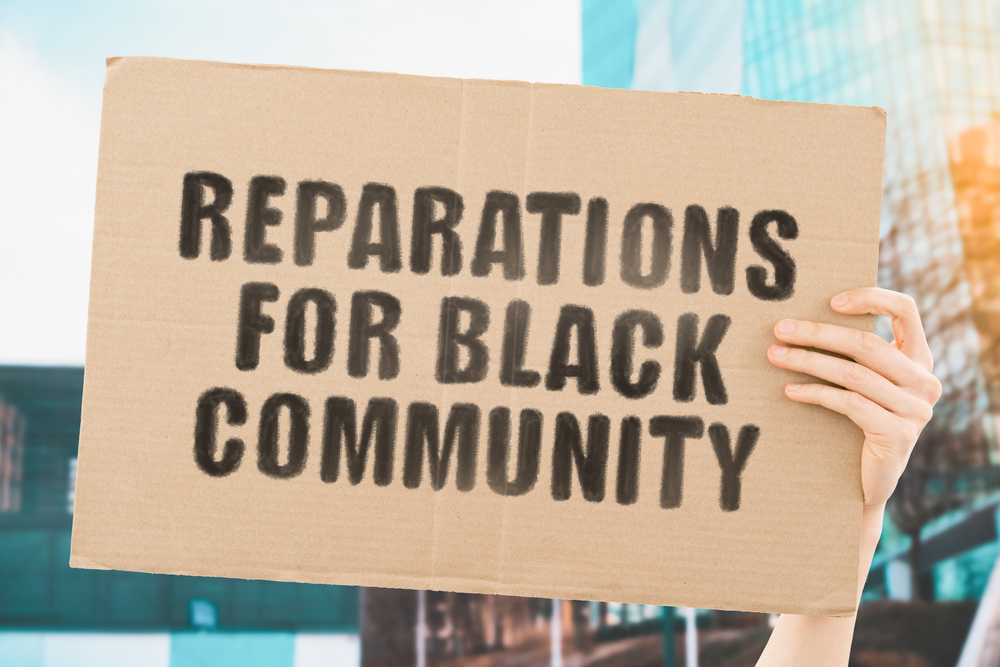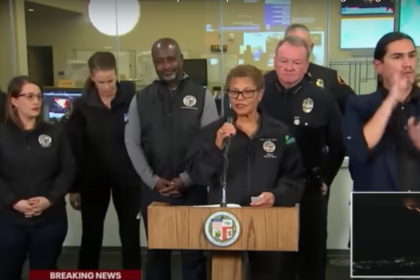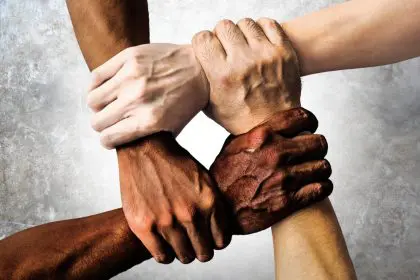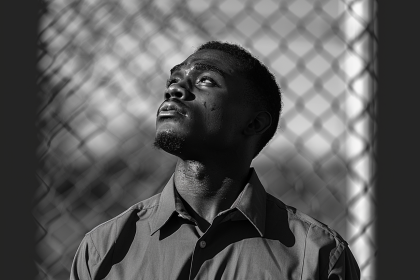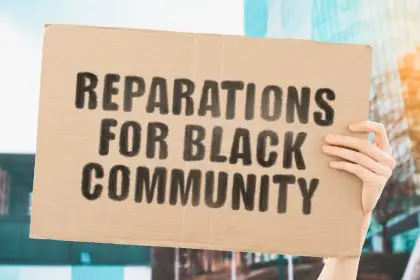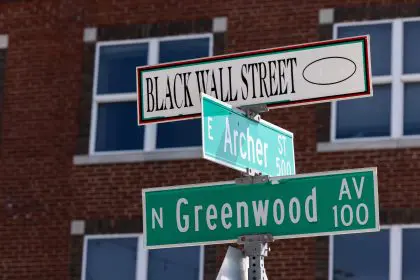The Reparations Advisory Commission of Los Angeles has unveiled a significant 400-page report aimed at addressing the historical injustices faced by Black residents over the past century. This report, titled “An Examination of African American Experiences in Los Angeles,” was presented by researchers at California State University at Northridge (CSUN) on August 27.
Documenting the Struggles of Black Angelenos
The report highlights the systemic discrimination and inequities that Black Angelenos continue to endure despite the legal end of slavery. Researcher Marquita Gammage emphasized that these injustices are perpetuated through legal segregation and societal biases, including actions by law enforcement and hate groups.
Key Findings from the Report
Over 620 individuals were interviewed for this report, with a significant portion being women. The research documented twelve harmful effects of systemic racism, including:
- Traces of slavery
- Racial terror
- Mental and physical harm from neglect
- Racism within infrastructure
- Injustices in the legal system
- Housing segregation
- Stolen labor and altered opportunities
- Segregated and unequal education
- Political disenfranchisement
- Impact on Black family health
- Control over cultural and intellectual life
- The wealth gap
Proposed Solutions for Reparations
The report identified three potential solutions for reparations, with 80% of survey participants supporting:
- Home buyer assistance
- Protections of appraisals to prevent overpaying
- Programs to address housing insecurity
Gammage urged the city to calculate the cost of housing inequity and launch compensatory efforts to promote equity and homeownership opportunities.
Timeline of Oppression
In collaboration with the L.A. Civil Rights, the researchers created a timeline detailing federal policies limiting Black rights from 1930 to 2024. W. Gabriel Selassie expressed shock at the findings, noting the direct correlation between these policies and the everyday experiences of Black residents.
Looking Ahead
The final proposal for reparations will be presented to the L.A. City Council and Mayor Karen Bass in early 2025. Governor Gavin Newsom has approved a budget of up to $12 million for reparations legislation, although specific programs or payments to Black Californians have yet to be defined.
Additionally, the report revealed alarming statistics, such as Black Angelenos being disproportionately affected by air pollution and making up 27% of all arrests between 2020 and 2023 despite representing only 8% of the city’s population. Capri Maddox, executive director of the L.A. Civil Rights and Advisory Commission, summarized the report’s findings: “We are not where we want to be — but we are not where we used to be.”

